
When it comes to your baby's health, the food you feed them after the nursing phase ends is crucial. You will want to give your baby healthy fruits and veggies and other types of food, such as lean meat and nuts, to sustain their growth.
And Avocado is one of the main foods that you will come across as you research the best recipes for the weaning phase.
Jump to:
Can babies have Avocado?
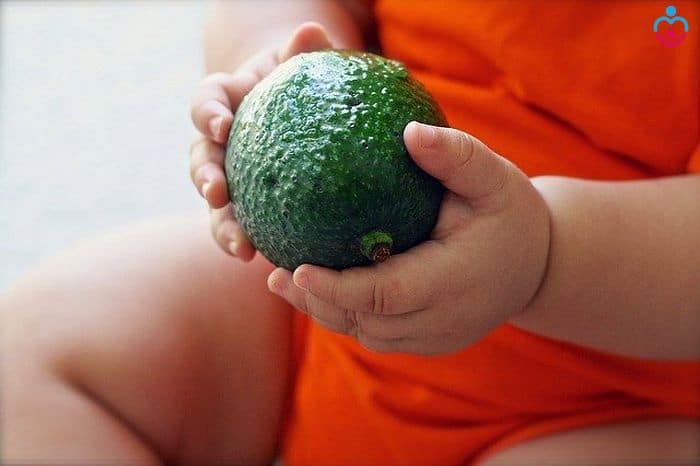
Avocado is not only allowed during the weaning phase and beyond that, but it is also recommended. This fruit has plenty of benefits that will help your baby grow healthy and develop harmoniously. But let's look more into the details of this and see how you can make the most out of this fruit for your baby's health!
Can babies eat Avocado every day?

Since Avocado comes with a wide range of benefits, you might wonder if you can feed it to your baby daily.
- The good news is that you can actually include Avocado in your daily baby meals, as long as you feed it to them once a day and not every meal they get. But there are aspects you need to take into account as well.
- One of the significant concerns with feeding your baby avocado every day is calories. Avocado is rich in calories, and they might not want to eat as much of other types of food if they get full from a meal that contains Avocado.
- Your interest as a parent is to allow your baby to experience all types of tastes and flavors. But you can still do that by mixing the Avocado with other healthy veggies or fruits.
- Also, you don't have to give your baby a full avocado at once. You can always add half of it in their lunch meal and save half for dinner.
- Your little one's tastes should also matter. Some babies love Avocado, while others don't. If your baby is not thrilled when it comes to eating Avocado, you don't have to force them in any way.
Is Avocado safe for babies?
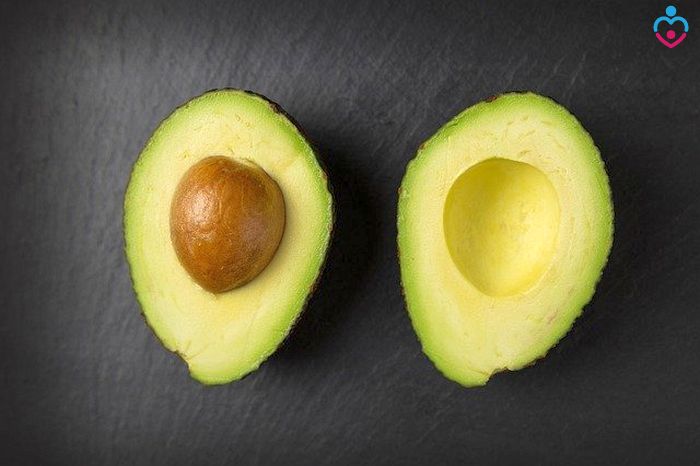
Avocado is one of the best fruits you can feed your baby. It is safe to add to their diet as soon as they start eating solids.
- This food is extremely rich in minerals and vitamins, as well as healthy fats and antioxidants. But as safe as Avocado is, you shouldn't introduce it to babies younger than six months.
- All your baby needs in their first months of life is breast milk or formula.
- Once you start introducing solid food to your baby, Avocado should be one of your first options.
Can babies have an avocado allergy?

Even if an avocado allergy exists, it is definitely not as common as other allergies, such as peanut allergies or fish allergies.
- However, there are still babies who have this type of sensitivity. If your baby is one of them, you should treat it accordingly.
- Babies can have two types of allergies to avocados. There is an oral allergy and a latex allergy. Oral allergy to Avocado comes with symptoms of itching of mouth, lips, or throat. These symptoms could be mild or severe according to the degree of the allergy.
- People who are allergic to latex have a higher chance of presenting an allergic reaction to Avocado and other foods such as bananas or kiwis.
- In this case, the symptoms would be swelling of the lips, itchy eyes, sneezing, and even vomiting.
- Some babies might develop severe reactions to this type of allergy, such as difficulty breathing. If that is the case, you should call 911 immediately, so your baby gets the treatment they need.
Can a baby have avocado oil?
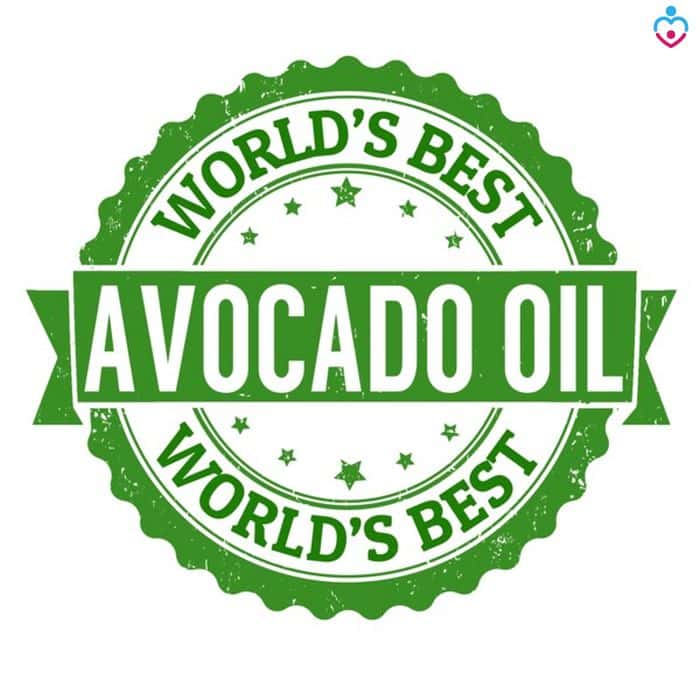
Just as your baby can have Avocado in different dishes, they can also have avocado oil.
- Avocado oil is obtained by pressing Avocado's pulp, and it is rich in omega-9 fatty acids and other minerals and vitamins such as vitamin K, vitamin B6, vitamin E, Folate, and antioxidants.
- You can use avocado oil on your baby's skin if they have some sort of irritation, or you can add it to their purees as soon as they start the weaning phase.
- All you have to do is add a teaspoon of avocado oil in their bowl of food, and they will enjoy all the benefits of it.
- If your baby doesn't like Avocado, trying to add avocado oil to their meals might just be the compromise you need.
Suggested Reading:
Avocado for Baby Benefits
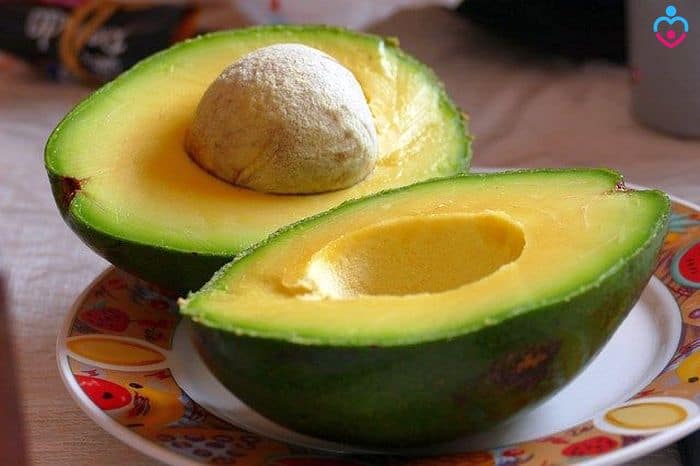
When it comes to the benefits that Avocado brings to your baby, the sky is the limit.
- This fantastic fruit comes with essential nutrients such as 26% vitamin K, 20% Folate, 17% vitamin C, 14% vitamin B, 13% vitamin B6, 10% vitamin E, and other nutrients such as iron, copper, zinc.
- There is also a significant amount of fiber, magnesium and vitamin A plus healthy fats and antioxidants in one avocado fruit.
- Your baby will enjoy all these nutrients every time you add Avocado to their meals.
- One Avocado will bring your baby close to 200 calories, 2-3 grams of protein, 15 grams of healthy fat as well as fiber, and 2 grams of carbs. It is easy to prepare Avocado, and you can give it to your baby even plain as a healthy snack.
Suggested Reading:
How to choose Avocado for a baby?
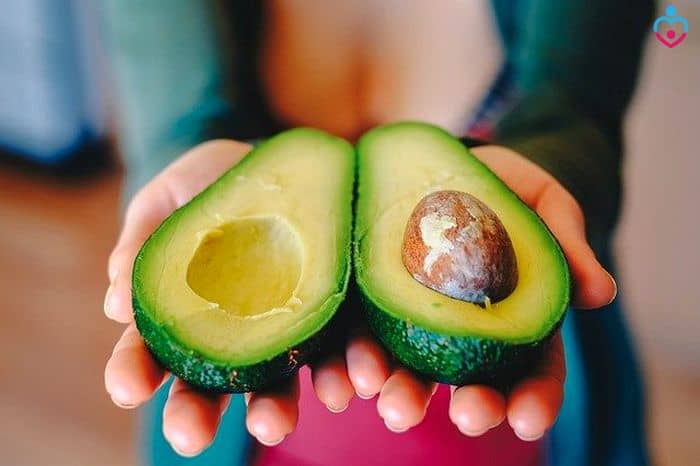
We established how healthy Avocado is for your little one, but how can you choose the best type of Avocado on the market?
- Even if there are more strains of Avocado, depending on their country of origin, your primary focus should be on getting a ripe one.
- The first indication of a ripe avocado is how firm it is. While the fruit should feel firm when you try to squeeze it, you should also be able to push its skin in a little, enough to feel that it is not rock hard.
- Another indicator of a reasonably ripe avocado is the skin. The peel of the fruit should be a dark green color with a bumpy surface.
- The stem of the Avocado can give you a clue as well. A yellow stem is an excellent sign of a ripe avocado, while a brown stem means that the Avocado is too ripe and most likely brown on the inside.
Suggested Reading:
How to prepare Avocado for babies?
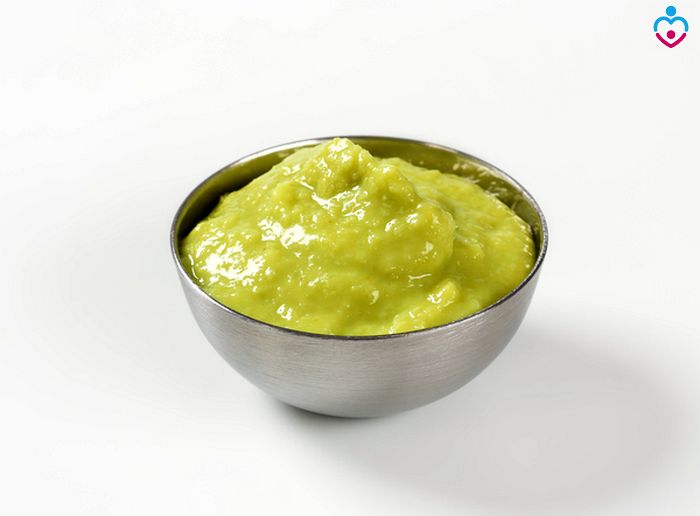
Preparing Avocado for your baby is not complicated at all. It goes excellent with plenty of fruits and even some veggies, and you can feed it to your child even plain.
- One of the most popular combinations is Avocado and banana puree. As you probably guessed, all you have to do is mash bananas and Avocado together into a bowl and feed it to your baby.
- This type of meal is ideal for an infant who just started the weaning phase, as it could be one of the first solid meals they have.
- As your baby grows older and he/she needs larger quantities, you can increase the portion according to how much they eat.
- If you want, you can convert this puree into a smoothie by adding vegetal milk to it and blending the ingredients together for just a few seconds.
- You can mix Avocado with boiled carrots as well as sweet potatoes or regular potatoes.
- You can try different combinations until you discover the ones that your child prefers.
- Whatever type of avocado puree you prepare, keep in mind that you don't have to cook Avocado in any thermal way.
Suggested Reading:
Avocado for Babies' Constipation
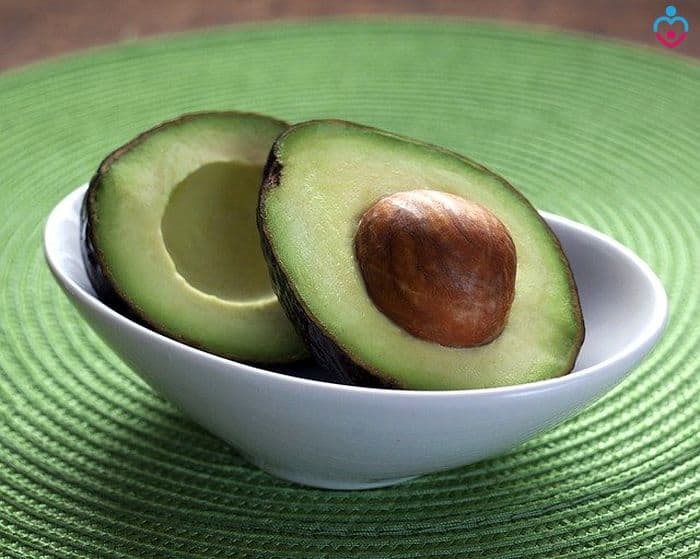
Avocado will not make your baby constipated, but it can help stimulate the digestive system thanks to its fiber. So, if your baby is constipated, giving them some plain avocado might help them have a stool.
- However, Avocado will not work in an instant way, such as laxative food. This fruit will help your baby have a healthy digestive system one day at a time and avoid constipation, to begin with.
- If your baby is constipated, adding some avocado to their meals will help them fix this problem over a couple of days.
- But if you want to use Avocado in your baby's diet, you should look at it as a fruit that prevents constipation rather than treats it.
Suggested Reading:
Remember to mix Avocado with a variety of other veggies and fruits, so your baby gets a balanced diet. If you overfeed them Avocado, it will not work in their favor as they need other types of fruits and veggies.
Avocado is one of the best fruits you can add to your baby's diet. It is so rich in nutrients that you will be glad you did feed your different baby purees based on this fruit.
It will help them develop a healthy immune system. They have a delicious taste, which is why most babies love Avocado.
![]()
Key References
- "The Role of Avocados in Complementary and Transitional Feeding". Accessed October 06, 2020. Link.
- "Learn About Avocado Nutritional Facts and Health Benefits". Accessed October 06, 2020. Link.




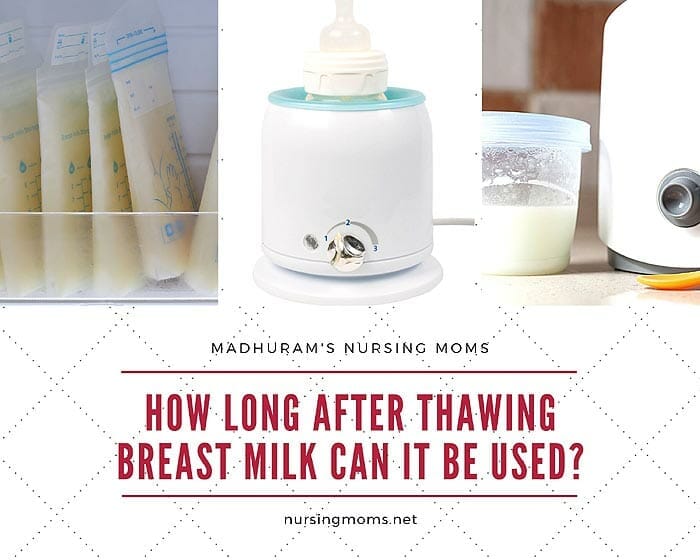
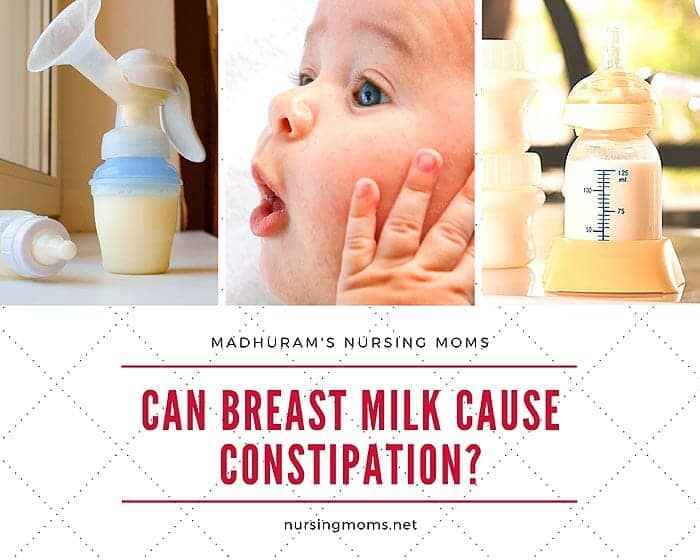

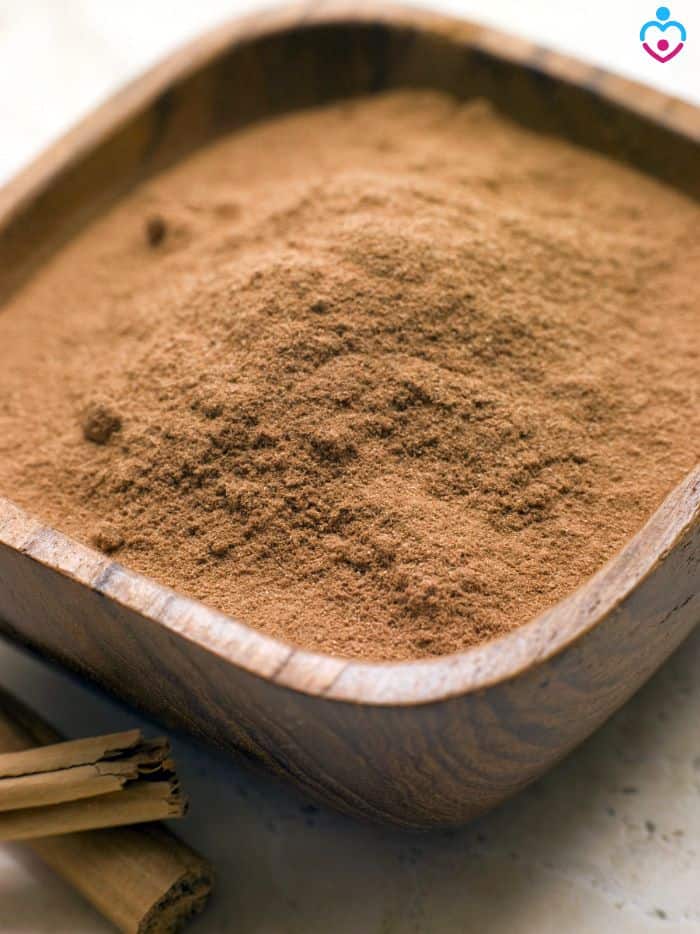
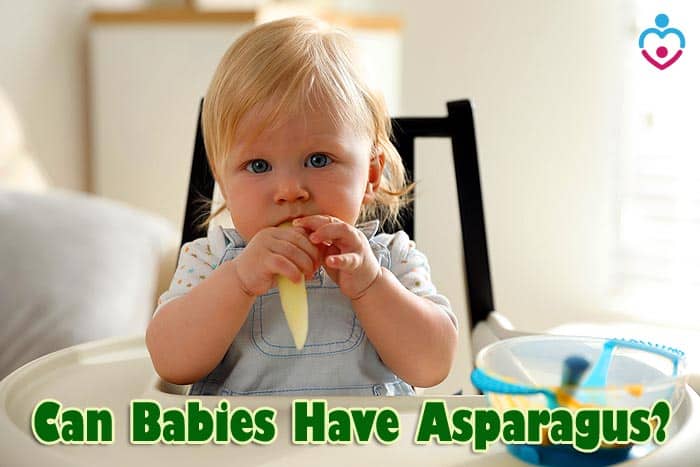
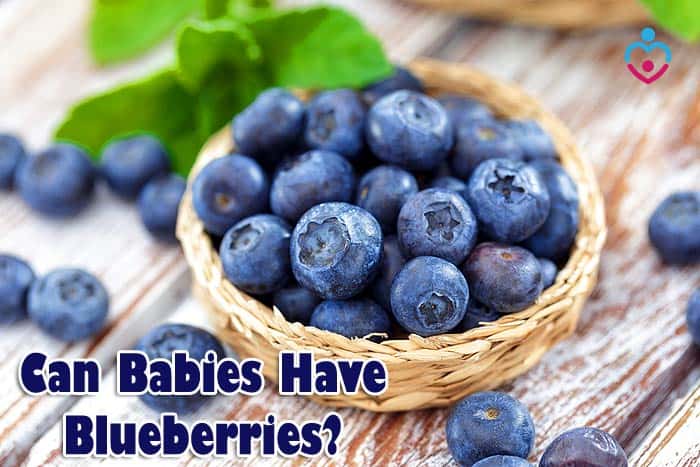
Leave a Reply